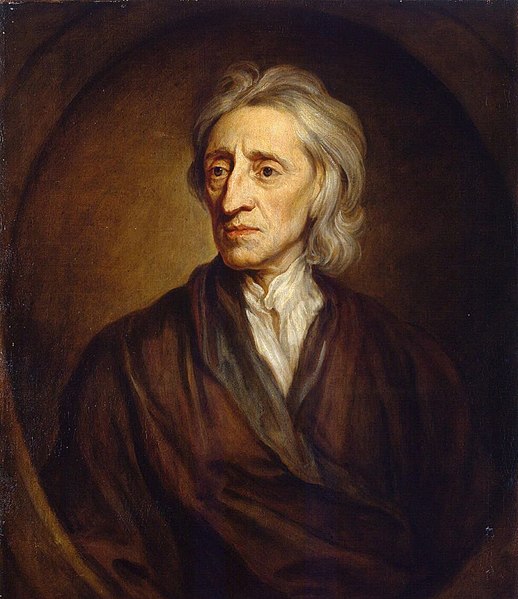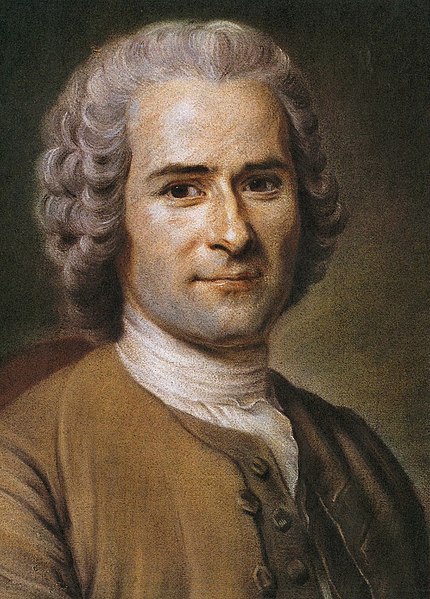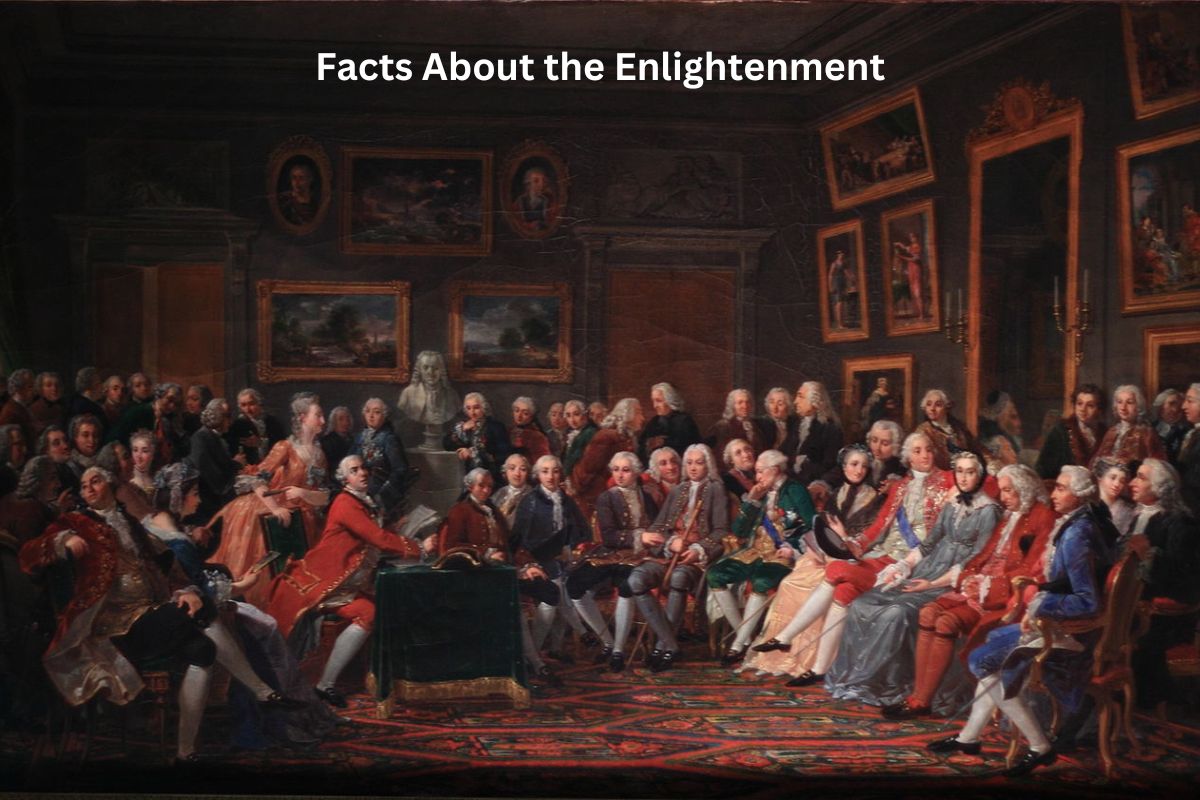The Enlightenment was a remarkable intellectual and philosophical movement that swept across Europe during the 17th and 18th centuries.
This period was marked by a profound shift in thinking, emphasizing the power of reason, science, and individualism. Enlightenment thinkers championed secularism, advocated for the separation of church and state, and laid the foundations for modern democratic principles.
In this era, influential philosophers like Voltaire, John Locke, and Jean-Jacques Rousseau reshaped the intellectual landscape and left a profound and enduring impact on politics, culture, and society.
This introduction sets the stage for exploring the key ideas and figures of the Enlightenment, as well as its far-reaching influence on the development of modern Western thought and institutions.
The Enlightenment Facts
1. Intellectual movement in 17th and 18th century Europe
The Enlightenment was a period of intellectual and cultural transformation that occurred primarily in Europe during the 17th and 18th centuries.
It marked a departure from traditional modes of thinking and a shift toward rationalism, empiricism, and skepticism.
Also Read: Timeline of the Enlightenment
Enlightenment thinkers sought to apply reason, critical thinking, and the scientific method to all aspects of human life, including politics, philosophy, science, religion, and society.

2. Emphasized reason, science, and individualism
Reason was at the core of Enlightenment thought. Philosophers of the Enlightenment believed that through the use of reason and logic, human beings could gain a better understanding of the natural world and improve society.
Science played a pivotal role in the Enlightenment. The scientific revolution of the preceding centuries, with figures like Galileo Galilei and Isaac Newton, had paved the way for an empirical approach to understanding the physical universe.
Also Read: Second Great Awakening Timeline
Individualism was another central theme. Enlightenment thinkers celebrated the autonomy and rationality of the individual. They argued that individuals should have the freedom to think for themselves, make their own choices, and participate in the governance of their societies.
3. Promoted secularism and the separation of church and state
One of the key aspects of the Enlightenment was the promotion of secularism, which called for the separation of religious authority from political and intellectual life.
Enlightenment philosophers questioned the power and influence of religious institutions and advocated for a more secular, rational, and tolerant society.
This emphasis on secularism led to the development of ideas such as religious tolerance, where different religious beliefs were respected and protected under the law.
Enlightenment philosophers argued for the separation of church and state, asserting that governments should not be controlled by religious authorities and that laws and policies should be based on reason and the common good rather than religious dogma.

4. Influential philosophers: Voltaire, Locke, Rousseau, Kant, Diderot
The Enlightenment produced a rich tapestry of influential philosophers and writers. Some of the most prominent figures include:
- Voltaire (François-Marie Arouet): Known for his wit and satirical writings, Voltaire championed freedom of speech and religious tolerance. He famously stated, “I do not agree with what you have to say, but I’ll defend to the death your right to say it.”
- John Locke: Locke’s ideas on natural rights, the social contract, and the separation of powers profoundly influenced political thought. His work “Two Treatises of Government” laid the groundwork for modern liberal democracy.
- Jean-Jacques Rousseau: Rousseau’s “The Social Contract” introduced the concept of the general will and argued for the idea that legitimate political authority should be based on the consent of the governed.
- Immanuel Kant: Kant’s philosophy centered on ethics, metaphysics, and epistemology. His “Critique of Pure Reason” explored the limits of human knowledge and the nature of moral duty.
- Denis Diderot: As the co-editor of the Encyclopédie, Diderot played a key role in compiling and disseminating knowledge during the Enlightenment. The Encyclopédie aimed to provide a comprehensive overview of human knowledge.
5. The Encyclopédie, edited by Diderot and d’Alembert, was a key publication
The Encyclopédie, often referred to as the “Enlightenment’s Wikipedia,” was a monumental publication edited by Denis Diderot and Jean le Rond d’Alembert. It was published in multiple volumes between 1751 and 1772.
The Encyclopédie aimed to compile and systematize human knowledge across a wide range of subjects, including science, philosophy, arts, and technology. It played a crucial role in spreading Enlightenment ideas by making knowledge more accessible to a broader audience.
The publication of the Encyclopédie was a collaborative effort, involving contributions from many Enlightenment thinkers, and it helped shape the intellectual landscape of the era.
6. Inspired the American and French Revolutions
The Enlightenment’s emphasis on concepts such as individual rights, the social contract, and the separation of powers had a profound impact on political thought and played a pivotal role in inspiring two of the most significant revolutions in history:
- American Revolution (1775-1783): Enlightenment ideas, particularly those of John Locke, Thomas Paine, and Montesquieu, influenced the American Founding Fathers as they drafted the Declaration of Independence and the United States Constitution. The revolution resulted in the birth of the United States as a democratic republic.
- French Revolution (1789-1799): The Enlightenment’s call for liberty, equality, and fraternity resonated with the French population. Philosophers like Rousseau and Voltaire contributed to the intellectual climate that paved the way for the revolution, which aimed to overthrow the monarchy and establish a more egalitarian society.

7. Two main philosophical traditions: empiricism and rationalism
During the Enlightenment, there were two primary philosophical traditions that shaped intellectual discourse:
- Empiricism: Empiricists, like John Locke and David Hume, argued that knowledge comes primarily from sensory experience and observation. They believed that individuals acquire knowledge through their senses and that reason should be used to interpret and organize this sensory information.
- Rationalism: Rationalists, including René Descartes and Gottfried Wilhelm Leibniz, emphasized the role of innate ideas and the power of reason to deduce truths. They believed that certain fundamental concepts and principles could be known through reason alone, independent of sensory experience.
8. Discussions in salons and coffeehouses fostered Enlightenment ideas
Enlightenment ideas were often disseminated and debated in informal social gatherings known as salons and coffeehouses.
Salons were hosted by women of the nobility and the bourgeoisie in their homes. These gatherings brought together intellectuals, artists, and writers to discuss literature, philosophy, and politics in a relaxed and stimulating environment.
Coffeehouses, particularly in cities like London and Paris, became hubs for intellectual exchange. They provided a space for people from various backgrounds to engage in lively debates and share ideas. The spread of newspapers and periodicals in coffeehouses also contributed to the dissemination of Enlightenment thought.
9. Legacy includes influence on science, literature, politics, and art
The Enlightenment left an enduring legacy that profoundly impacted various domains of human endeavor:
- Science: Enlightenment principles of reason and empirical inquiry significantly advanced scientific progress. Figures like Isaac Newton, who contributed to physics and mathematics, exemplified this era’s scientific achievements.
- Literature: Enlightenment literature often explored themes related to reason, social justice, and the human condition. Prominent literary figures such as Voltaire, Jonathan Swift, and Jean-Jacques Rousseau produced influential works that reflected these ideas.
- Politics: The Enlightenment’s political philosophy influenced the formation of modern democratic and constitutional systems. Concepts of individual rights, the social contract, and the separation of powers became fundamental to the development of democratic governance.
- Art: Enlightenment ideals of reason and humanism found expression in art and architecture. Neoclassicism, an artistic movement that drew inspiration from classical antiquity, emerged as a prominent style during this period.
10. Championed reason, individual rights, and the pursuit of knowledge
At its core, the Enlightenment championed several key values and principles:
- Reason: Enlightenment thinkers believed in the power of human reason to understand and improve the world. They advocated for critical thinking, empirical inquiry, and the application of rational thought to all aspects of life.
- Individual Rights: The Enlightenment emphasized the importance of individual freedoms and human rights. Thinkers like John Locke argued that individuals had natural rights to life, liberty, and property.
- The Pursuit of Knowledge: Enlightenment philosophers celebrated the pursuit of knowledge, education, and intellectual curiosity. They believed that knowledge and reason could lead to progress and the betterment of society.
